Cryptocurrencies and Palestinian Resistance: An Al-Shabaka Debate
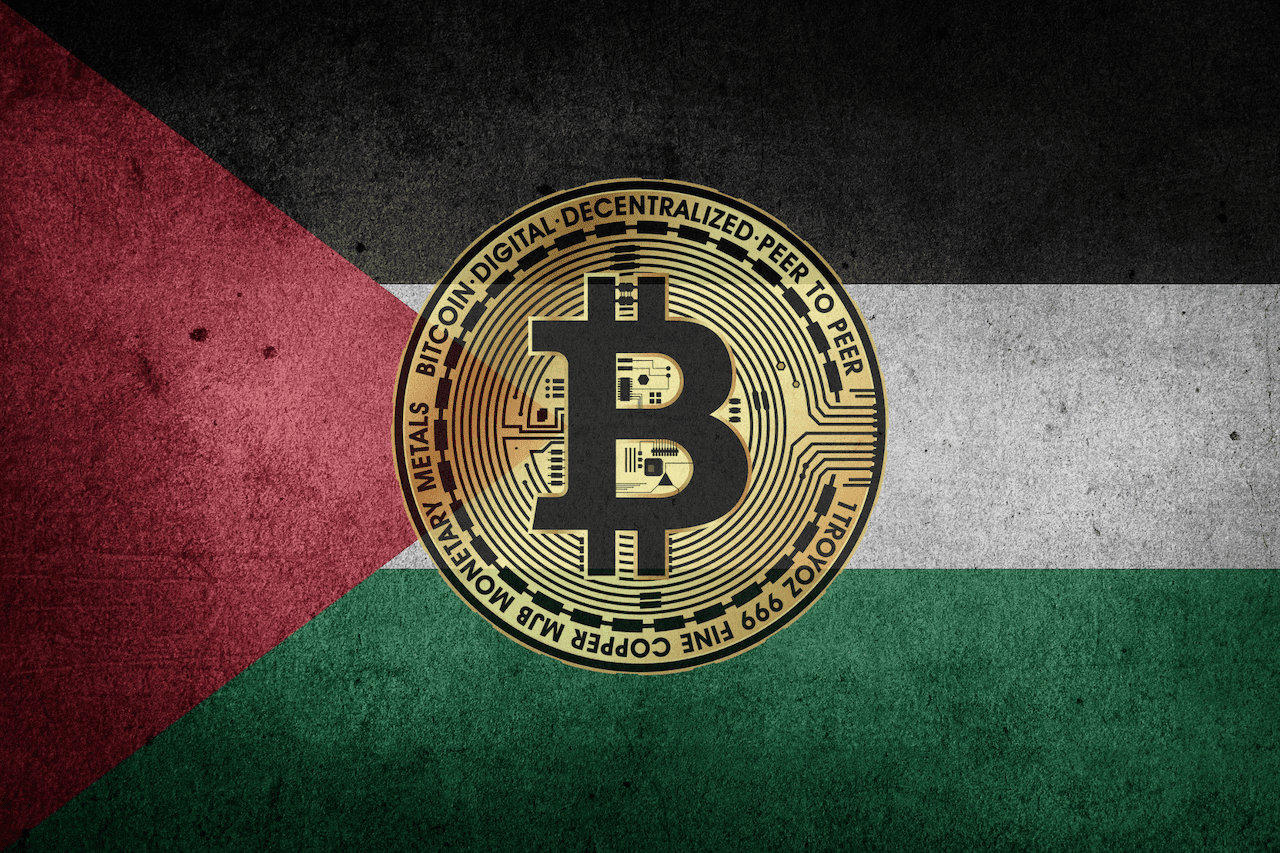
The recent cryptocurrency crash raises doubts about its viability as an alternative to standard currencies. But are there aspects of the global phenomenon that are still useful for Palestinian economic and political resistance? Al-Shabaka policy analysts Tariq Dana and Ibrahim Shikaki debate the potential of digital and cryptocurrencies and outline technological opportunities for the Palestinian economy.
ICT in Palestine: Challenging Power Dynamics and Limitations
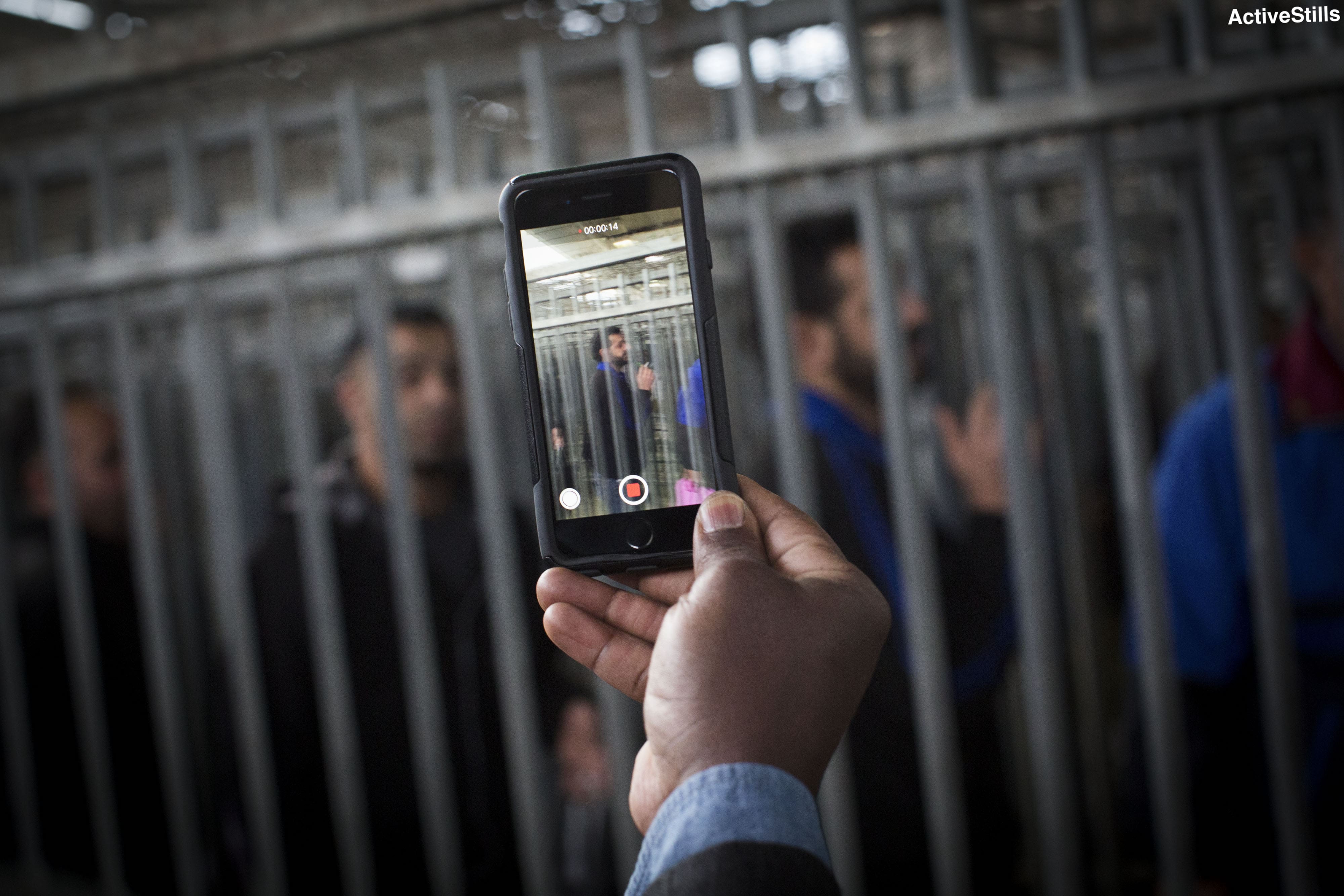
For the past two decades, the Palestinian Authority has been collaborating with expatriate Palestinian capitalists, who operate in tandem with the Israeli state, to ramp up ICT development in Palestine. Yet the sector continues to suffer. Al-Shabaka’s guest contributor, 24399, examines these power dynamics and offers recommendations for what the PA should do to enhance Palestinians’ economic lives.
Palestinian State-Building through Privatized City Planning
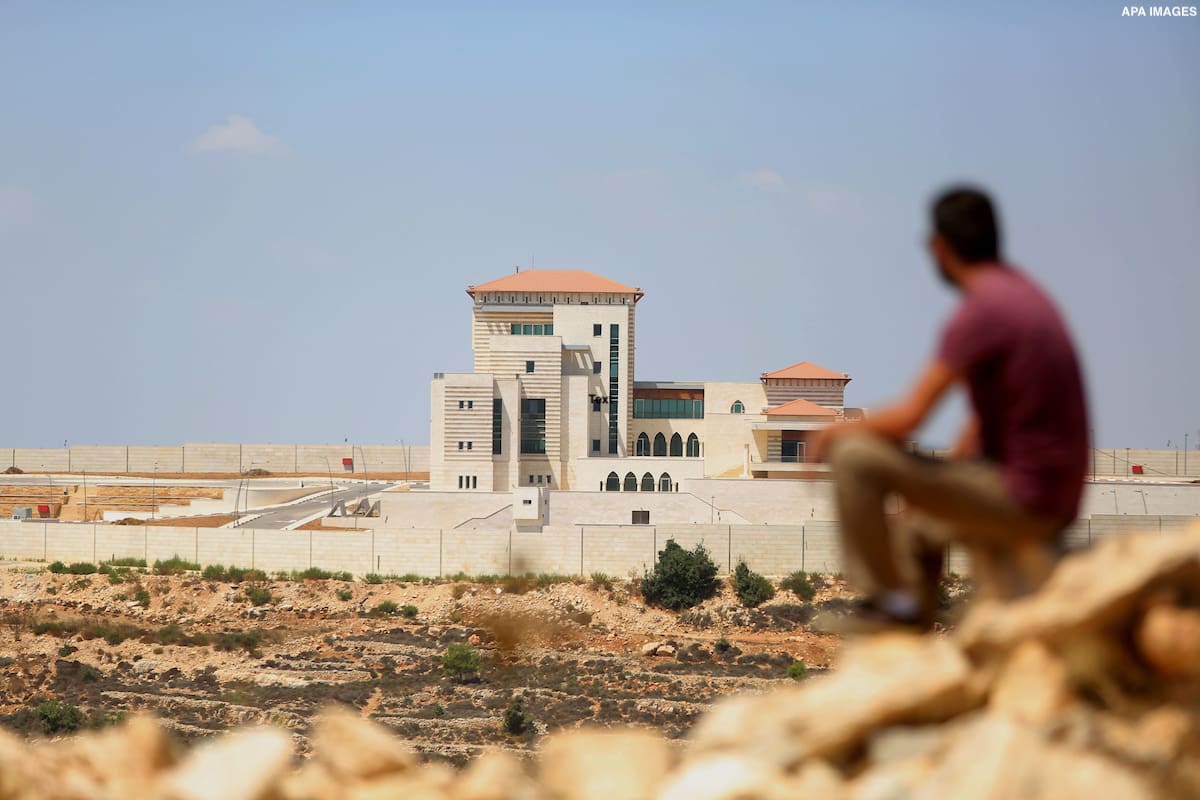
Palestinian leadership in the West Bank has invested heavily in privatized city planning during the post-Fayyad years in order to promote economic growth and state-scale stability. How have private, neoliberal housing development projects entrenched the status quo of Palestine’s subordination to Israel? Al-Shabaka sat down with policy analyst, 24449, to investigate this question and more.
Israel’s Violations of Palestinian Workers’ Rights: COVID-19 and Systemic Abuse
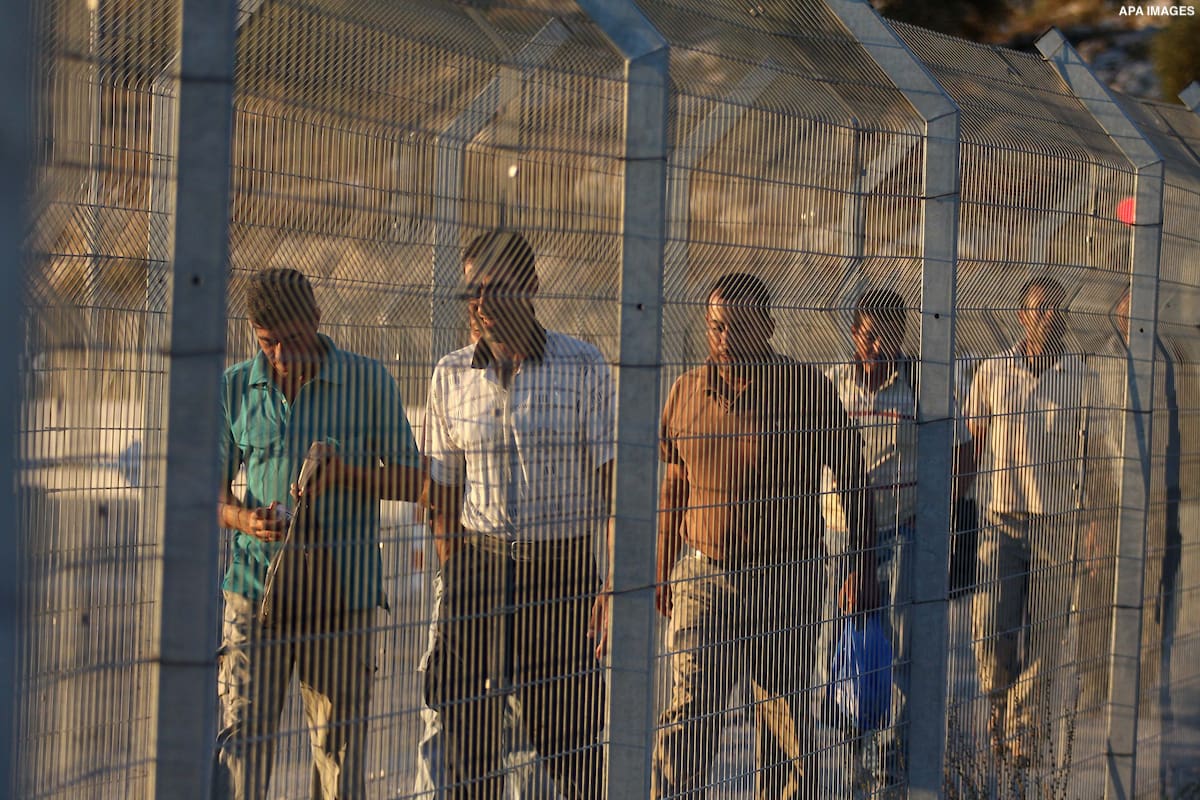
The Israeli regime has been systematically violating the rights of Palestinian workers in Israel and its illegal settlements since 1967. How have these violations been exacerbated since the COVID-19 pandemic? Al-Shabaka’s guest contributor, 24430, examines Israel’s ongoing abuses of Palestinian workers’ labor and human rights. He offers recommendations for securing these rights and for holding Israel accountable.
The Palestinian Economy: Dependency Under Occupation
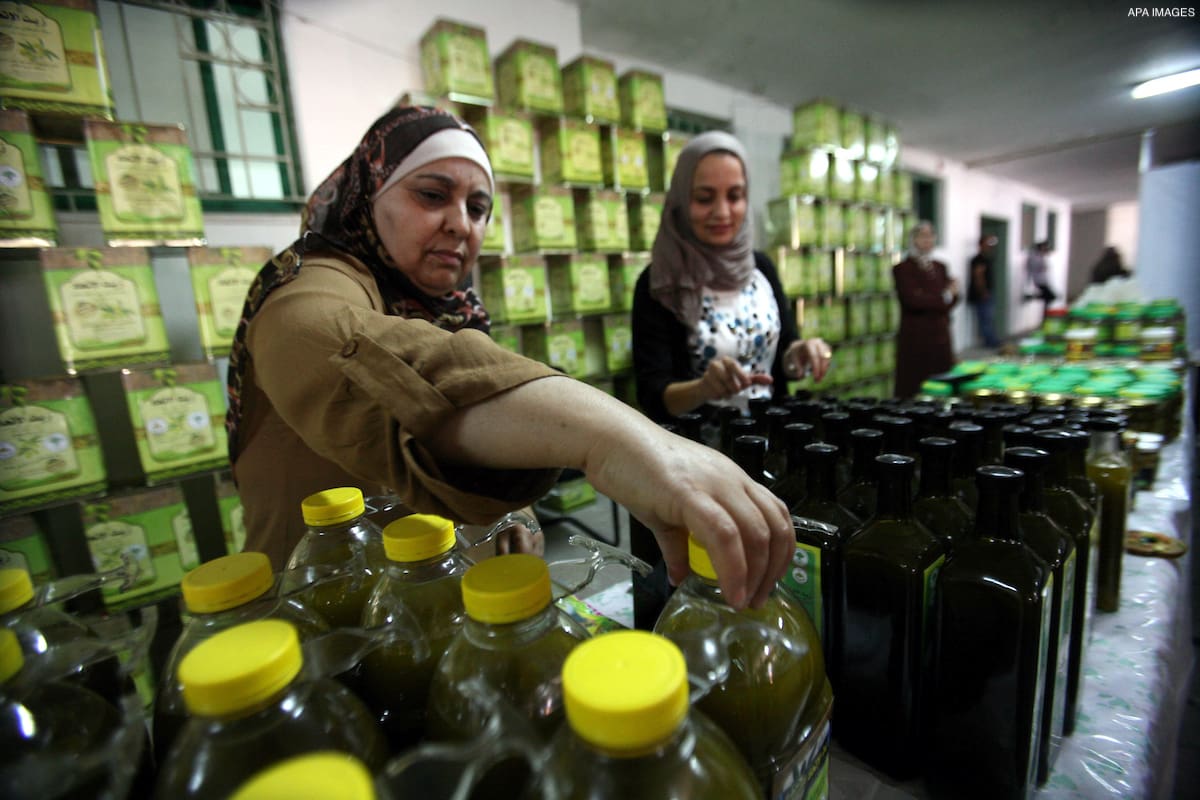
As the Palestinian general elections fast approach, many are wondering whether new leadership would create opportunities for self-determined Palestinian economic development.
The Politicization of Public Sector Employment and Salaries in the West Bank and Gaza

The Palestinian Authority has withheld salary payments from thousands of Palestinian public sector employees. Al-Shabaka policy analyst, Tariq Dana, and 24456 examine the ways in which the PA has politicized and exploited public sector employment and salaries as a political tradeoff. They offer recommendations for how to remedy the situation, and bring about economic equality for Palestinians.
The Demise of Palestinian Productive Sectors: Internal Trade as a Microcosm of the Impact of Occupation
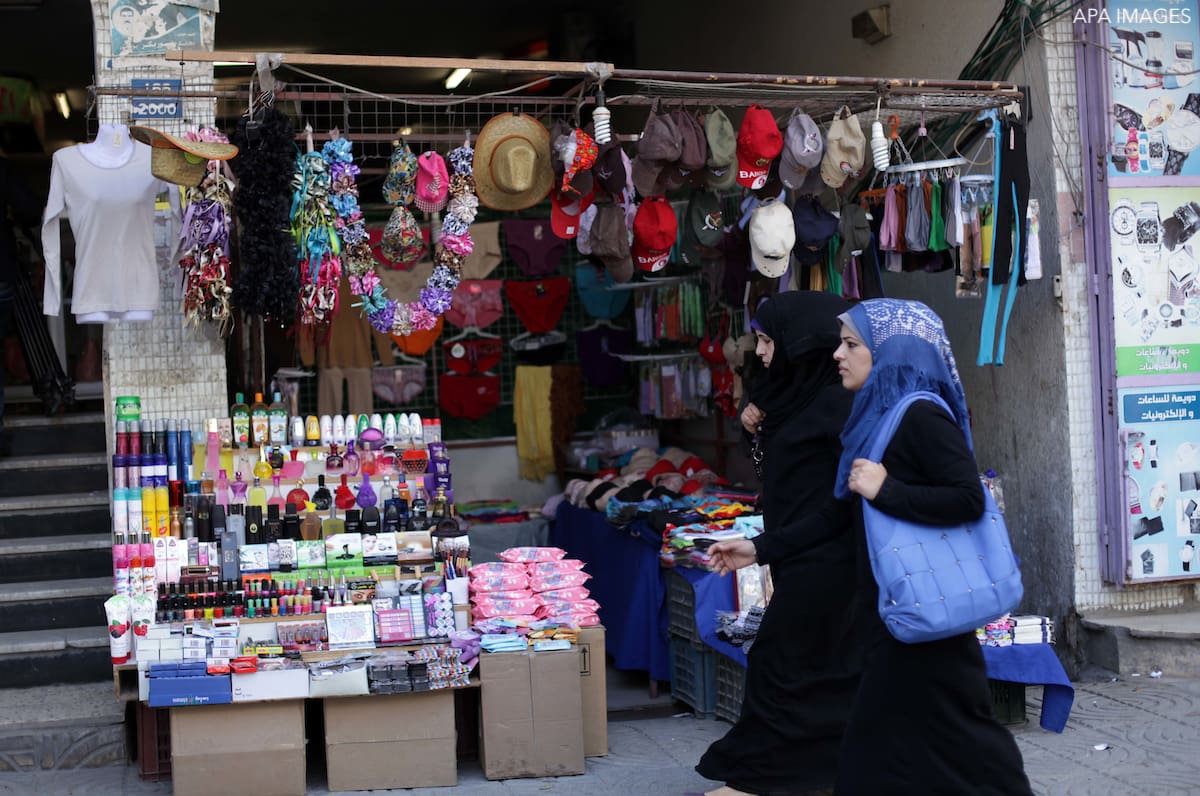
The Israeli occupation has crippled Palestinian productive sectors, leading to the dominance of internal trade in the Palestinian economy. Al-Shabaka policy analyst, Ibrahim Shikaki, examines how these structural distortions developed as a result of Israel’s oppressive economic policies since it occupied Palestine in 1967. He offers recommendations to the international community and aid agencies for how to support Palestinian economic self-determination.
Tourism in Service of Occupation and Annexation
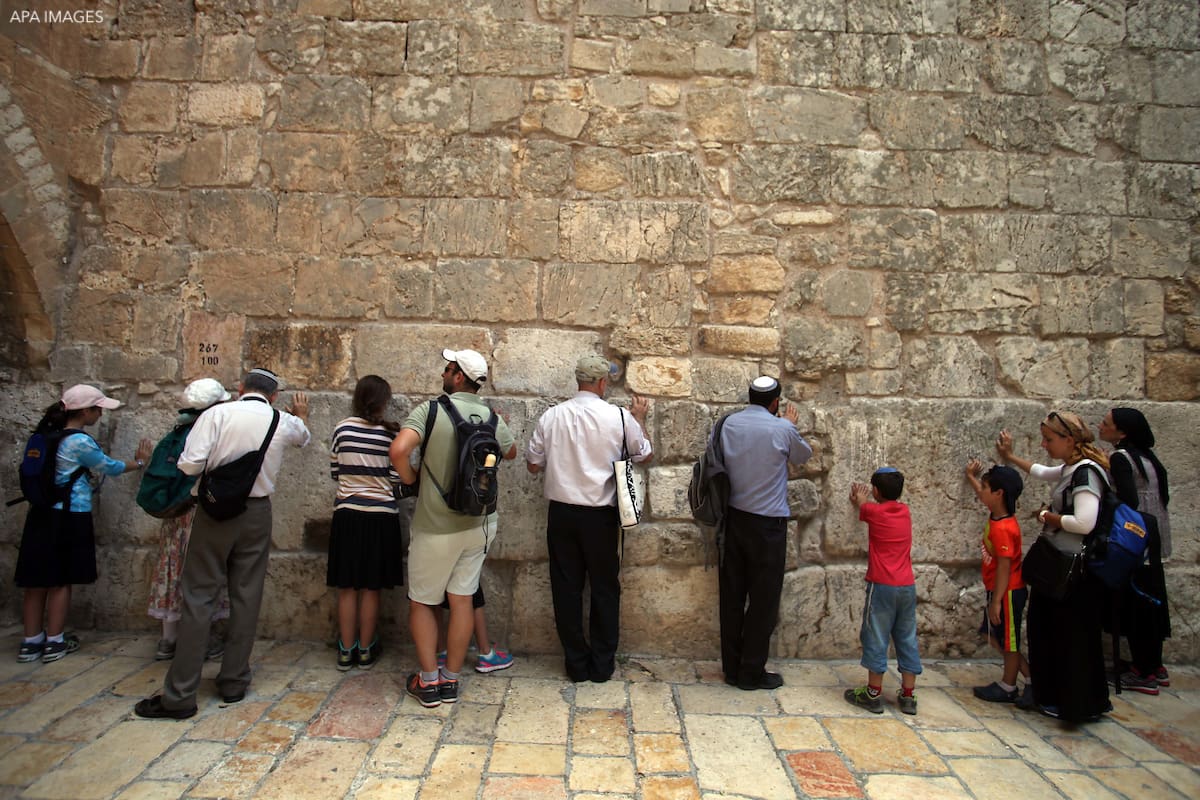
Tourism has been critical to the Zionist enterprise since the first Zionists settled in Palestine. Al-Shabaka policy analyst 24418 explores the role of tourism, and especially religious tourism, in propagating the Zionist and Israeli-state narratives, focusing on the damaging impacts of Israeli settlement tourism in illegally occupied Palestinian land. She offers recommendations for ethical tourism that promotes Palestinian rights to self-determination.
A Question of UN Credibility: Releasing the Settlements Database
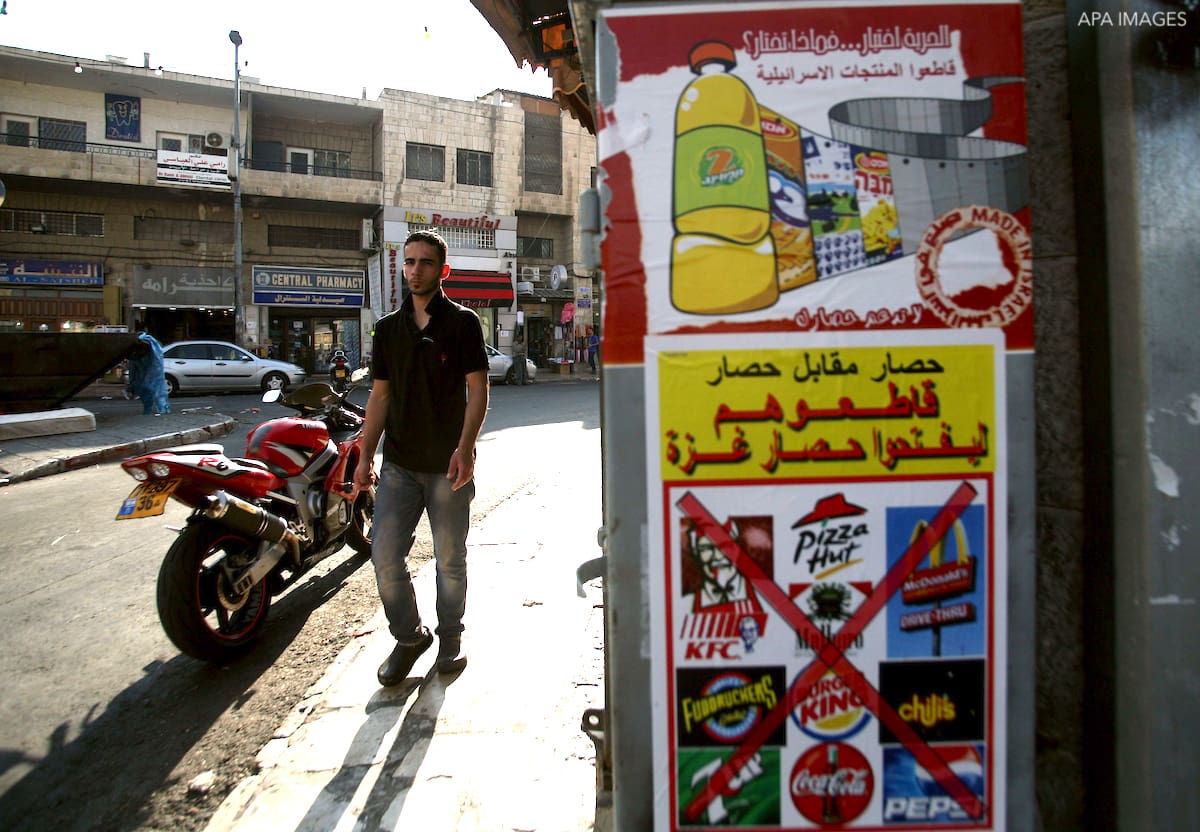
The European Union’s highest court recently ruled that EU countries are required to identify products made in Israeli settlements on their labels. However, another international body – the UN – continues to avoid releasing its database of companies engaged in activities with Israel’s settlements. Al-Shabaka Policy Analyst 24498 and Guest Contributor Maha Abdallah explain why and recommend ways to pressure the UN to fulfill its mandate.







